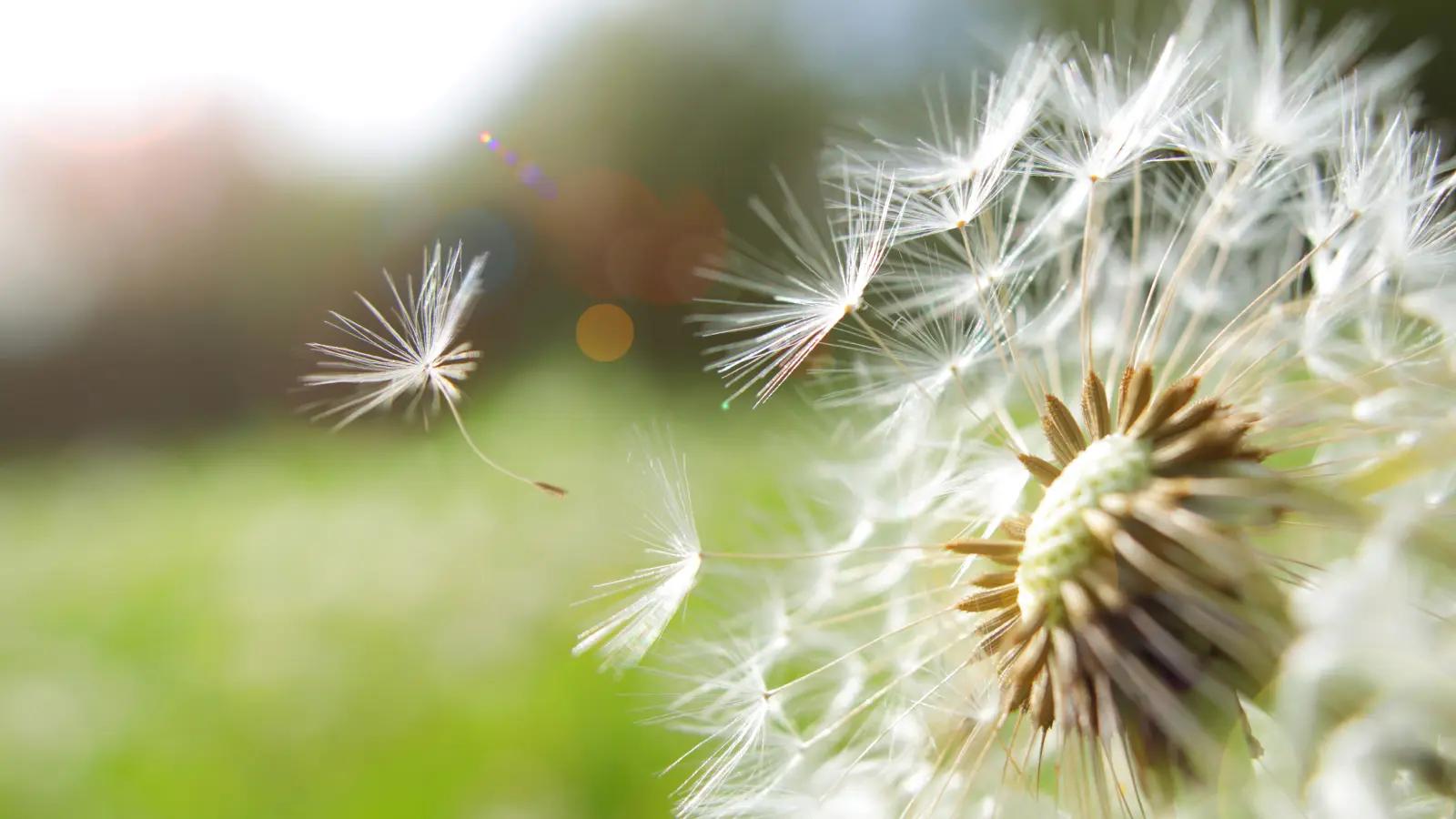Furnace Filters 101: How to Choose the Right Air Filter
Summary: You need to get the right size, understand MERV ratings, get better filters if you have pets or allergies, and know when to change the furnace filter (spoiler alert – it’s every 30-90 days).
By Anne Fonda
Shopping for furnace filters may not sound exciting, but choosing the right air filter can have a big impact on your comfort, health, and HVAC system performance.
A furnace filter is an HVAC air filter or AC filter. You may know it as the furnace filter because it’s commonly located right next to your furnace. Depending on your HVAC system and indoor air quality setup, you may have a filter that slides into a 1” slot or a wider 4” cabinet.
We’ve pulled together some pro tips that can help you improve your indoor air quality (IAQ), save money on repairs, and improve system efficiency.
Tip #1: Get the right size furnace air filter
Just like your car or lawnmower requires a specific size and type of air filter, your HVAC system requires a specific size filter. But furnace filter sizes don’t need to be confusing. The easiest way to figure out what size you need is to remove the existing HVAC air filter.
It will have numbers printed on at least one outside edge. For example, a standard size is the 16x12x1 furnace filter. Some filters are thicker and have measurements like 16x25x4. If your current filter fits snugly, it’s the correct size. If there are gaps around it in the filter slot, it’s too small. If it looks like it’s been cut to fit, the filter was too big.
You need the Goldilocks filter – just the right size. An improperly sized filter can let pollutants through, causing your furnace to run harder and decreasing your indoor air quality. Measure the slot where the filter goes if you’re unsure what size you need.
“Let us take a task off your to-do list with the regular delivery of filters! Furnace filter replacement is easy when you sign up for regular delivery of Trane filters powered by FilterTime™. This helps ensure you always have the right filter on hand. You can also order filters in the Trane Home App.”
- Sean Goddard, Product Manager, Coils & Indoor Air Quality
Tip #2: Know what MERV ratings mean
MERV stands for Minimum Efficiency Reporting Value. A MERV rating represents a furnace filter’s ability to capture tiny particles measured in microns. A micron is much smaller than the human eye can see. For example, a human hair is 50 microns in diameter.
The higher the MERV rating, the better the air filter is at trapping allergens and pollutants before they can enter your HVAC system and be circulated throughout your home. The table below gives examples of what various MERV ratings mean.
| PARTICLE TYPE | GENERIC 1’ FILTER MERV 8 EFFECTIVELY FILTERS DOWN TO 3-10 MICRONS IN SIZE | MERV 11 FILTER EFFECTIVELY FILTERS DOWN TO 1-3 MICRONS IN SIZE | MERV 13 FILTER EFFECTIVELY FILTERS DOWN TO .3-1 MICRONS IN SIZE |
| POLLEN | X | X | X |
| DUST | X | X | X |
| DUST MITES | X | X | X |
| MOLD SPORES | X | X | X |
| LINT | X | X | X |
| BACTERIA/FUNGI | X | X | |
| PET DANDER | X | X | |
| SKIN FLAKES | X | X | |
| HAIR | X | X | |
| VIRUSES | X | ||
| TOBACCO SMOKE | X | ||
| COOKING SMOKE | X | ||
| SMOG | X |
Tip #3: Get better filters if you have pets or allergies
While cheap, 1” fiberglass filters may only capture large particles. Some filters you can nearly see through. Opt for filters with a higher MERV rating and look for pleated filters as well. These higher quality filters may cost more, but they will filter out smaller particles including pet dander, pet hair, smoke, and more.
This is better for your health and well-being, but better filters can also help reduce the need for HVAC repairs and prolong the life of your system. They can also help reduce your energy bills by keeping dust and other particles out of the inner workings of your HVAC system.
Tip #4: Consider a whole-house air cleaner
If you’re concerned about your indoor air quality and want to filter out more pollutants, reduce household dust, and even filter out some airborne viruses and bacteria, consider a whole-house air purification system.
The Trane CleanEffects® Whole Home Air Cleaner and the QuikBox™ Air Cleaner are two options we offer. Work with your local Trane dealer to determine which one is best for your home and family.
Tip #5: Know how often to change a furnace filter
Ok, once you have the right size furnace filter, you need to know how often to change it. For most filters, this is once every 1-3 months, year-round.
“A great way to think about this is the first day of every month or the first day of a new season!”
- Sean Goddard, Product Manager, Coils & Indoor Air Quality
As we mentioned, the furnace filter is your HVAC filter. That means it is filtering particles from the air any time your HVAC system is running, even in the heat of summer.
A clogged filter can be the culprit behind a wide variety of HVAC system problems, including:
If you’re a new homeowner or need a refresher, watch this video on how to change a furnace filter.
Work with trusted HVAC professionals
Changing the furnace filter is part of DIY HVAC maintenance. But did you know that for optimal performance, you should schedule HVAC maintenance each spring and fall? Consider signing up for an HVAC maintenance plan for peace of mind.
Anne Fonda, Content Writer
A Content Writer with Trane Technologies, Anne Fonda researches topics and writes for Trane® and associated residential HVAC brands. She works in collaboration with Trane Technologies subject matter experts, offering easy-to-understand, informative content on complex topics. Her goal is to help consumers make informed decisions on the products and services they need.
She has written for HVAC and other service provider websites for over 16 years. Before transitioning to web content writing, Anne had a 14-year stint as an award-winning journalist. She graduated cum laude from the University of Missouri-Columbia School of Journalism.
When she’s not working, Anne enjoys playing word games, reading, gardening, spending time with family, and visiting gardens and museums.
Expert review by Sean Goddard, Product Manager, Coils & Indoor Air Quality
Related Articles




